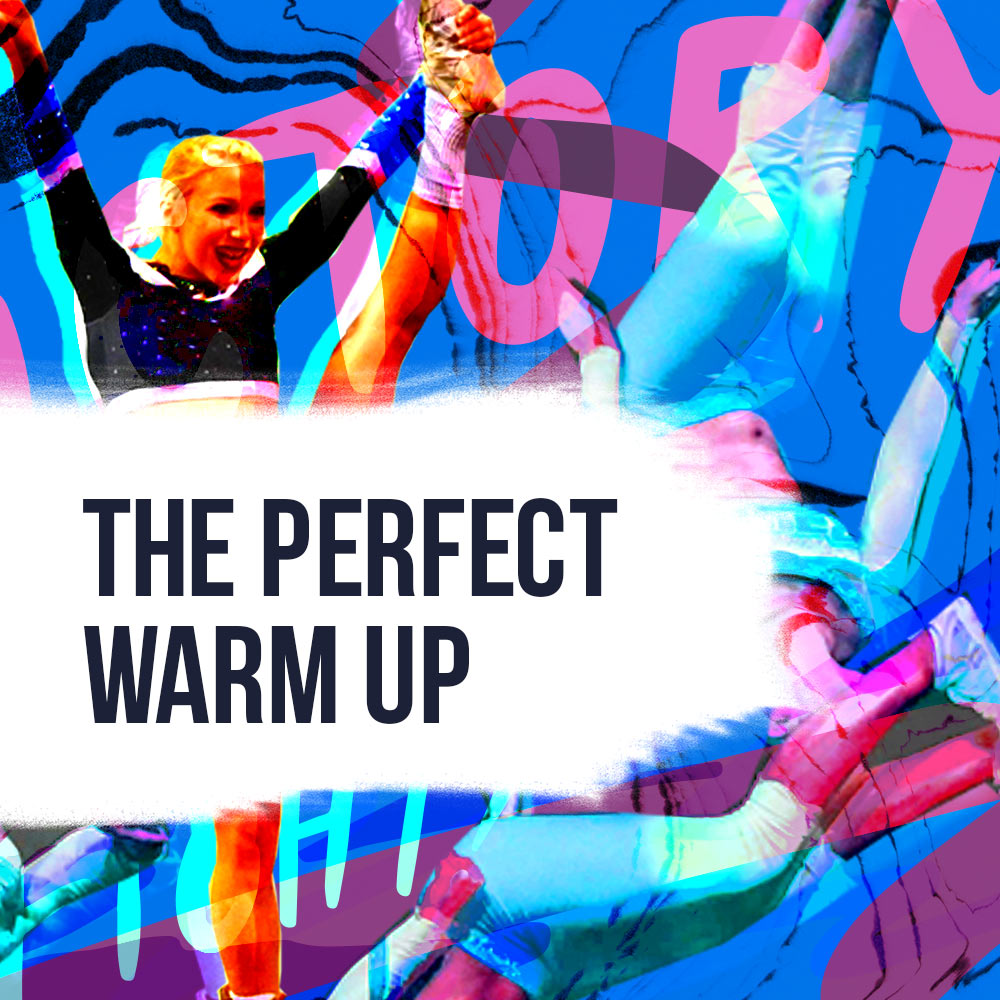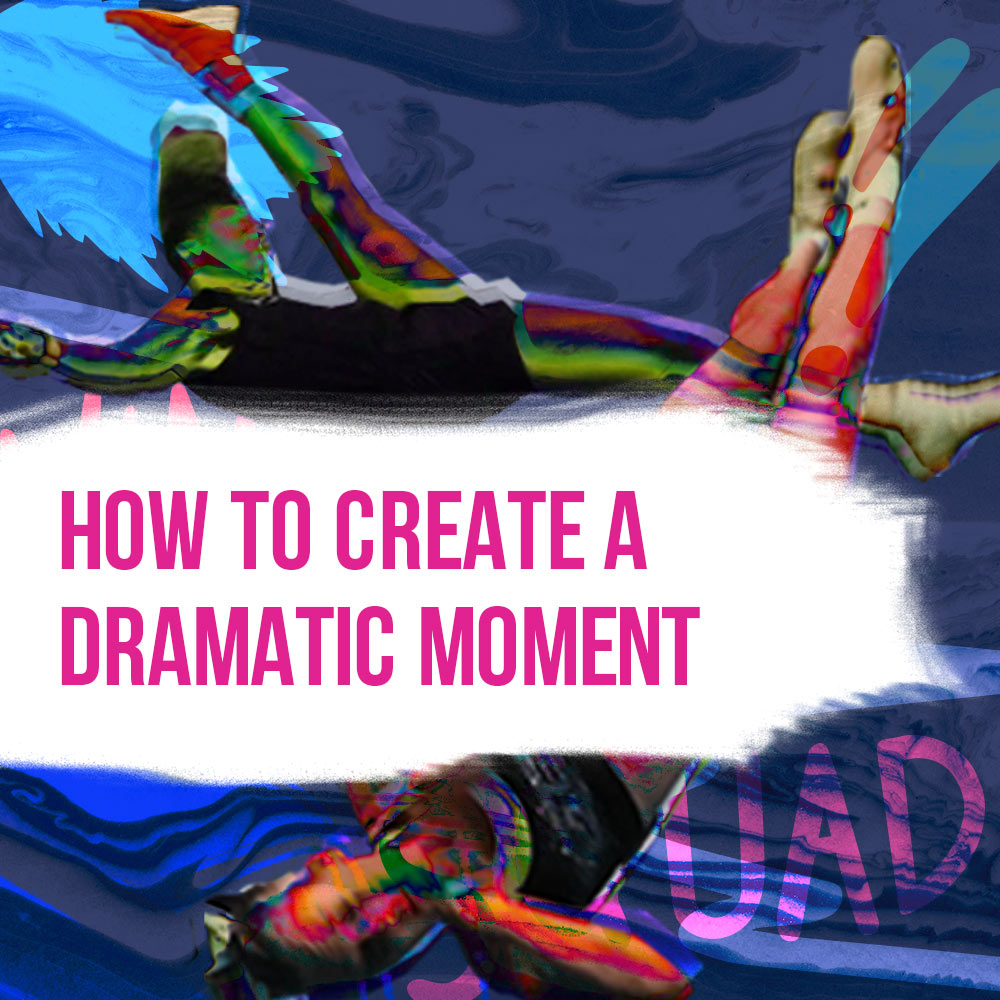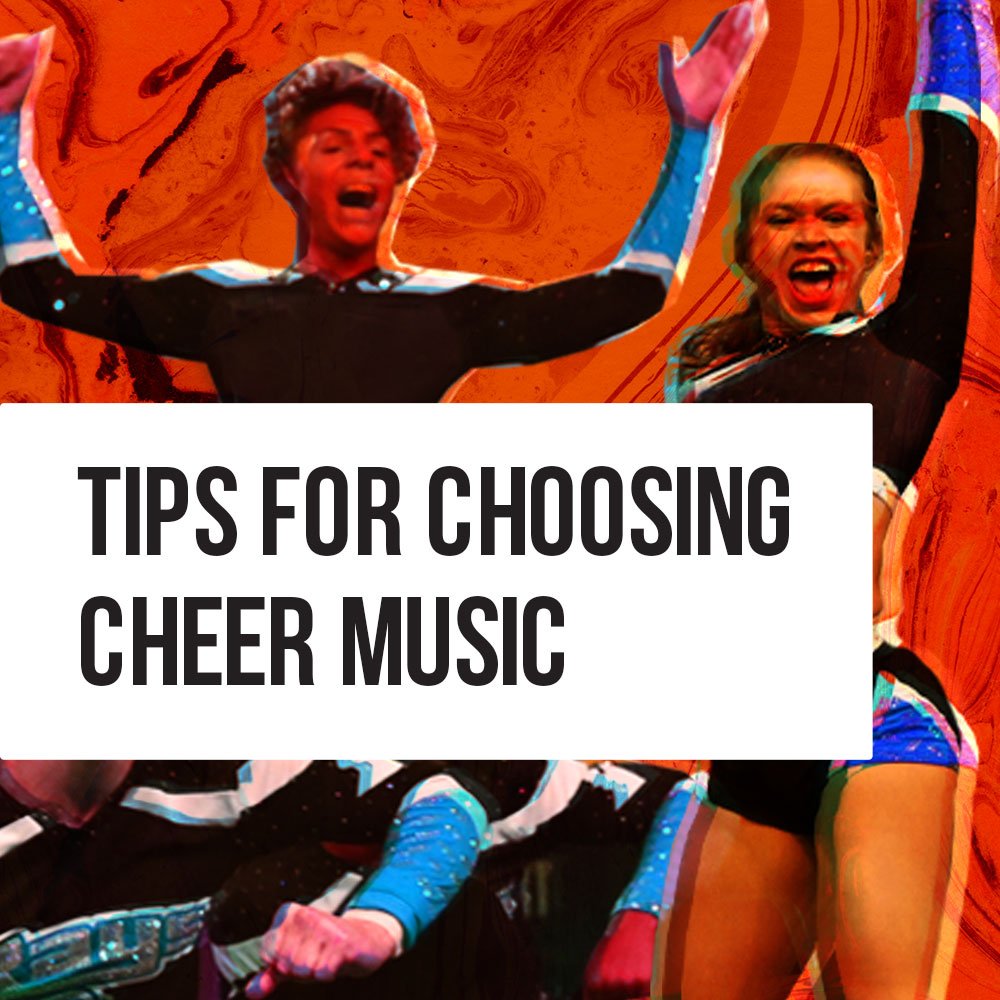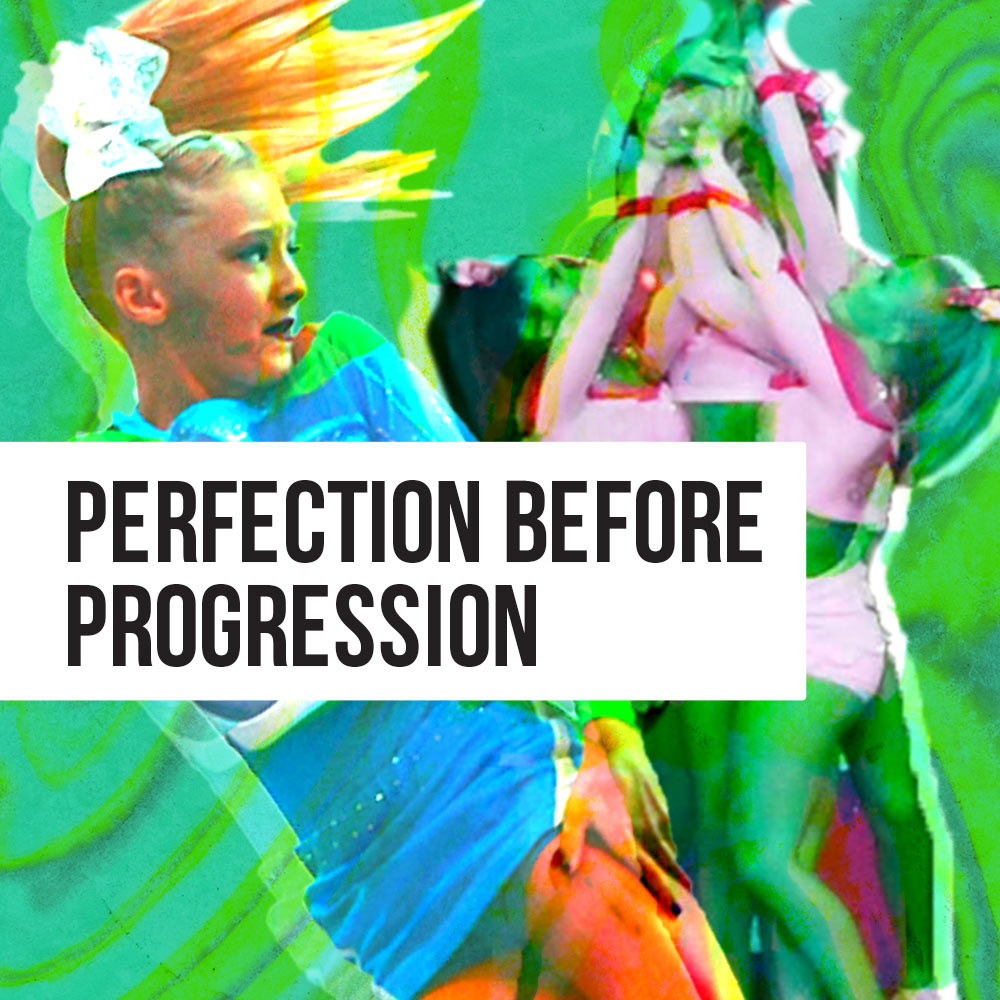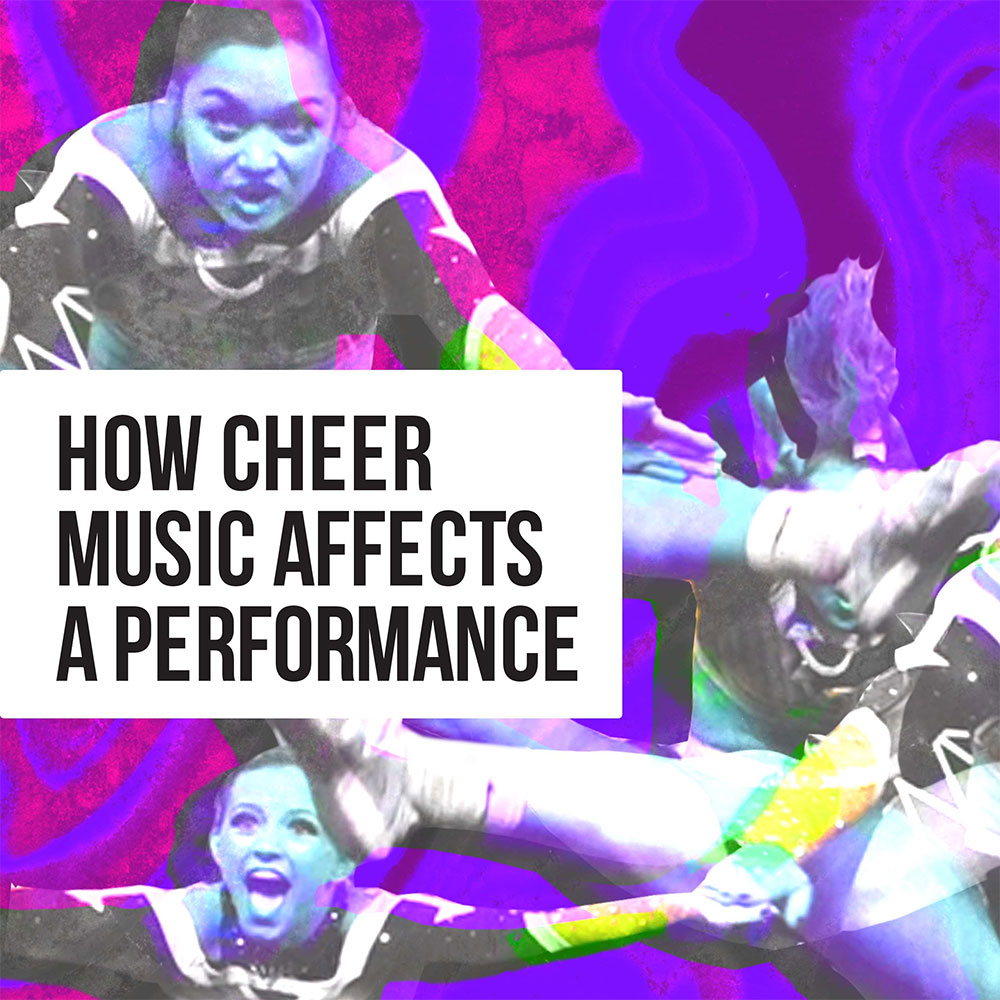
Fine-tuning the warm-up process
You’ve done it! Your squad has worked hard, achieved your goals, and is now prepared to compete at your first cheerleading competition of the year. Your skills are polished, your dance is epic, and you got the best cheer music mix you’ve ever heard. However, there is still one thing that you all need to really make sure that you knock it out of the park. A perfect performance requires a perfect warm-up.
Consistency is Key
Cheerleading competitions can be hectic, but coming up with a warm-up routine for you and your teammates before your first performance is important. Having something that you’ve done before and that you regularly practice will help you and your squad find calmness in a situation that can feel overwhelming. There’s comfort in knowing that you are doing something that you’ve done routinely as a part of the preparation for the competition. Cheerleading competitions can often feel foreign and unfamiliar, and this will help anchor your team and ensure that your hard work can be displayed at the highest level possible.
Start with a Stretch
Think about what you and your teammates normally do at practice. Your squad probably starts each practice with stretching. Having a consistent stretching regimen that you and your teammates use each day before practice can be implemented during competition season as well. Think about finding calming music to play during stretching and practice having stretching time at practice be quiet and meditative. Resist the temptation to chat during flexibility work, instead use that time to channel your thoughts.
Know the Warm-Up Format
Running through stunts and tumbling the same way each practice is important, however not every cheerleading competition allows the same number of mats with the same amount of time before you compete. Having some flexibility is important. That said, you and your teammate should already know exactly what you’re going to do when you get to tumbling. When you get to the stunting mats you should know the exact order and sequence that you’re going to warm up your stunts. Knowing these things in advance can really take a lot of the stress out of the competition process. Some of your teammates will feel very overwhelmed, frightened, or even panicked before they go out on the competition floor. Having a routine that is the same as what they do normally will give them a little bit more certainty before they go out and perform.
Find Calmness in Shared Experiences
The moment before you go out on the mat can seem very short. But often there’s a 30 to 45-minute wait from the time that you finish your last warmup station before you get to compete on the floor. Having something that you and your team can do to bond together during this time will really help. Nerves can become frazzled during the waiting period: some time for mindfulness and meditation will benefit everyone.
Competition cheerleading is stressful. Thus, it is paramount for your squad to come up with ways to battle the stress. Deep breathing and mindfulness activities are part of the solution. Team bonding and warm-up activities are another key part. Creating a consistent stretching regimen as well as consistently practicing the ways that you’re going to warm up tumbling and stunting when you’re in competition pre-season will play a part in helping you put together the best performance of your life.


